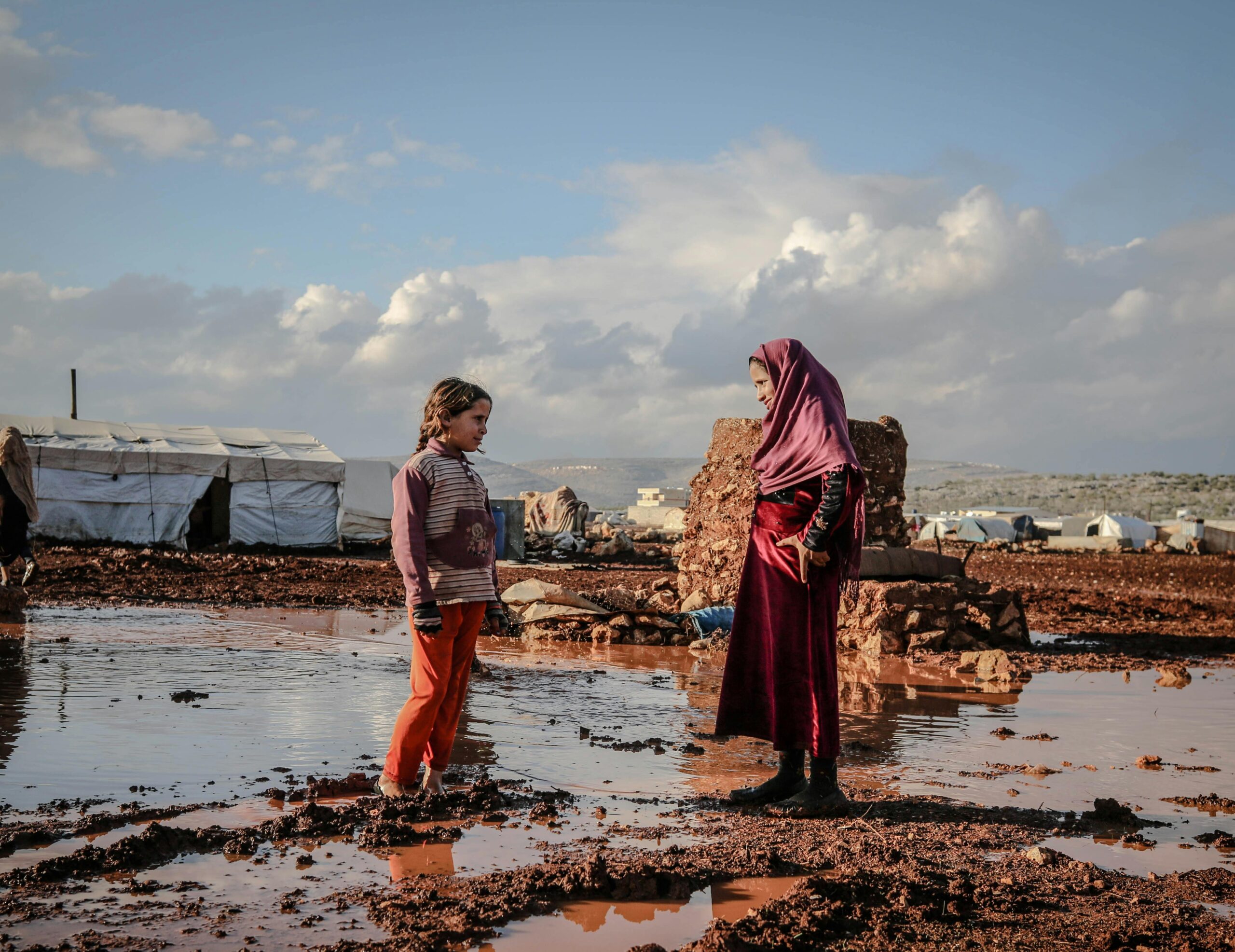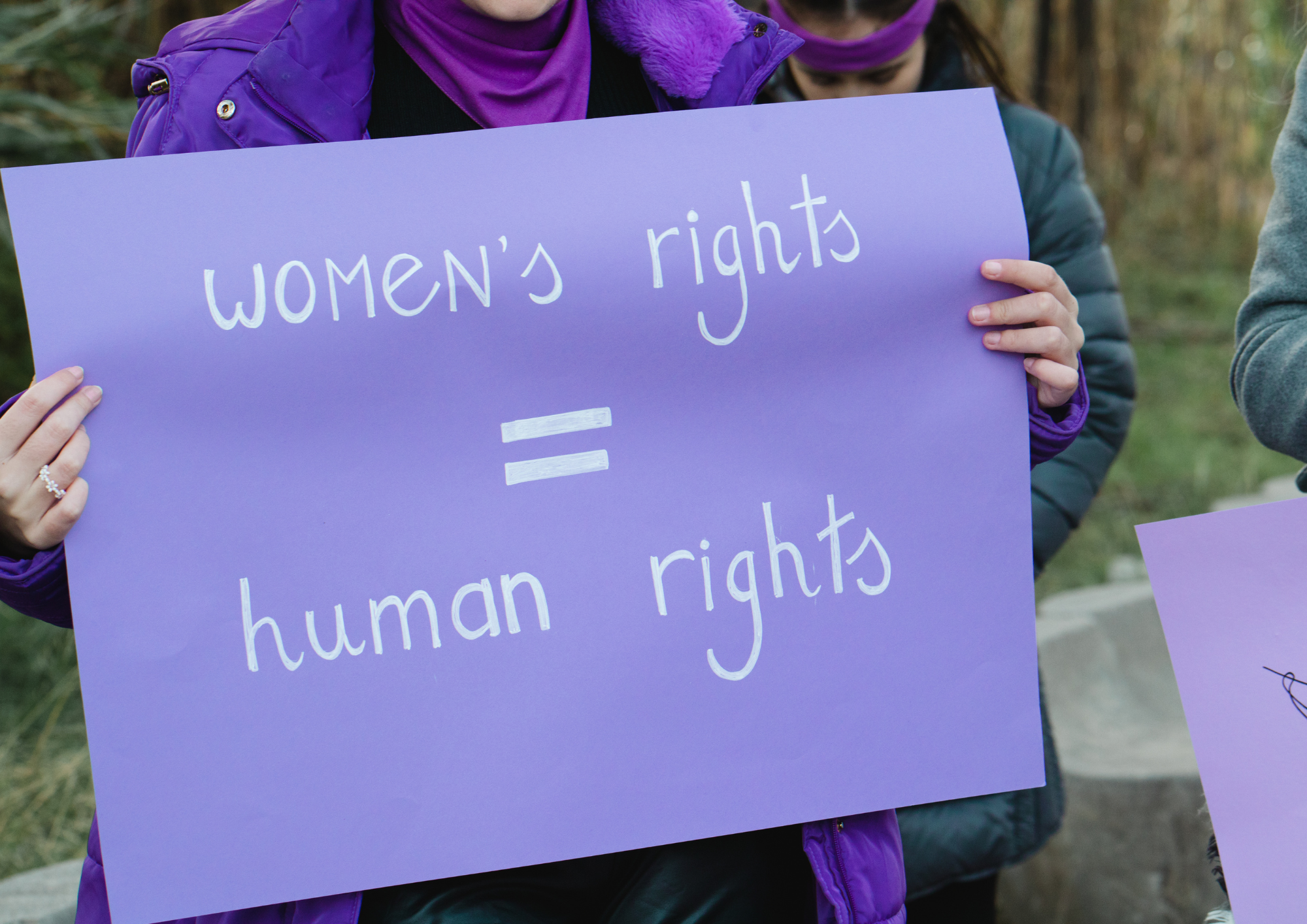Mental Health Access for Women: Cultural Stigma and Systemic Barriers
Pakistan’s mental health crisis affects over 45 million people, with women and disaster-affected communities most vulnerable due to stigma, violence, and limited access to care. Cultural norms, gender-based violence, and underdeveloped services worsen the situation, highlighting the urgent need for gender-responsive policies, accessible care, and awareness programs to support women’s mental well-being. Rural areas face the greatest gaps, with few professionals and facilities, while social stigma often prevents women from seeking help. Without immediate attention, untreated mental health conditions risk long-term social, economic, and familial consequences across the country.





